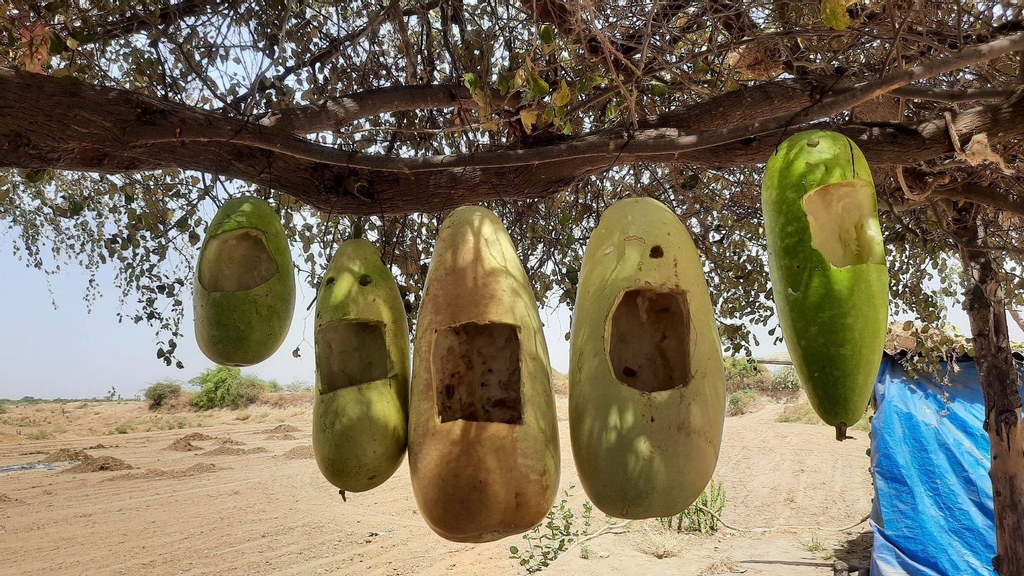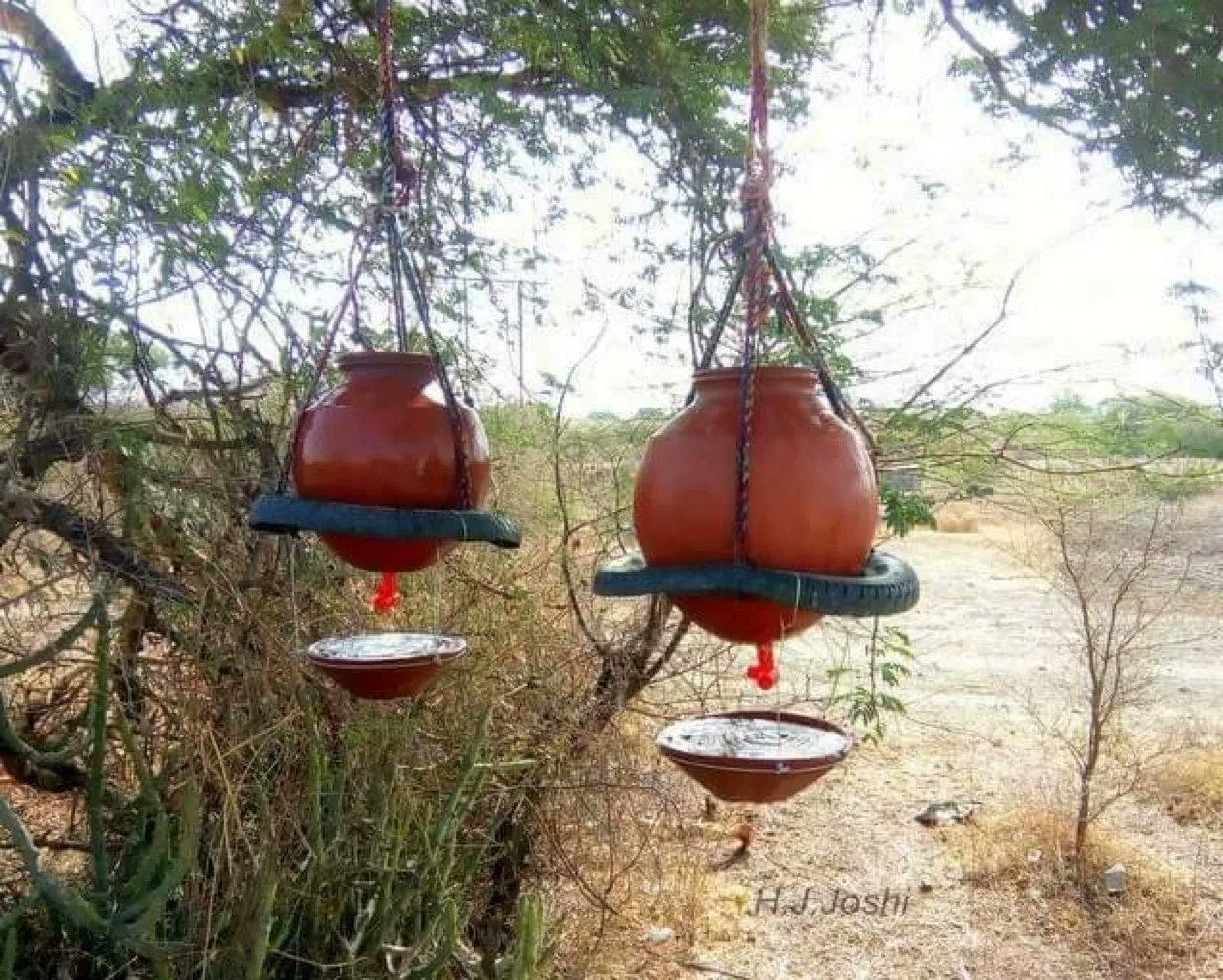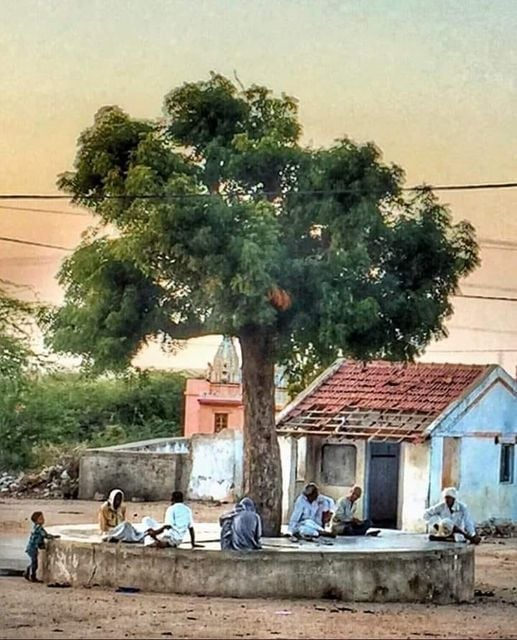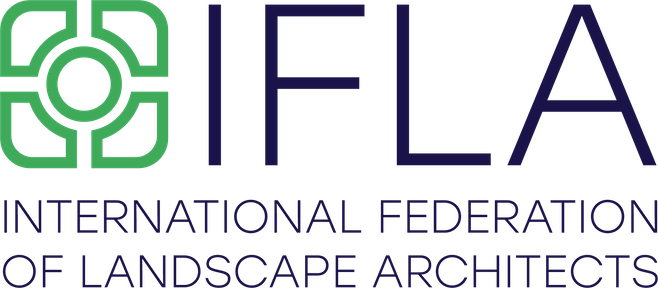IFLA as a Facilitator
Technology that manages manmade disasters, is site specific. It is specific to geology and specific to geographies because of legal and financial frameworks. With climate change concerns in the forefront of development, the role of Landscape Architects is well documented. Various projects, especially those in countries with marginalized communities, appear to be more effective in accommodating and recovering from disasters when traditional wisdom is the foundation of design rather than technology. The tools of traditional wisdom are accessible and inexpensive. These tools are not within legal frameworks and therefore nor in financial frameworks.
The International Federation of Landscape Architects, through its 77 member countries, could act as a resource centre for traditional tools that could contribute to sustainable design. Awards for documented evidence of effectiveness of such tools would encourage Landscape Architects to seek and learn about inclusion in design solutions. IFLA could provide Grants to recognised Institutions from member Countries to accelerate the exercise.
In India, many Landscape Architects take the advice of experts, either with trained expertise or proven expertise. However, this is not universal and is rarely documented. Many Firms which have successful projects are averse to publishing. An IFLA Journal is the need of the hour where its own members could share through Papers, studies, data, documentation processes and so on. Perhaps the Education Chair from the Executive Committee could take this forward appropriately.
The acceleration of climate change cannot be slowed down only with embedded carbon studies, planting trees and so on. Climate change has been a part of existence on Earth. The question that we could seek answers to is whether the effectiveness, accessibility and affordability of traditional wisdom and its tools, can be shared to reduce loss of livelihood, resilience and then provide sustainable habitats for communities. The quest for water conservation and community participation in India, has led to urban administrations cooperating with local communities in educating and reviving wells in urban India. However, the role of a Landscape Architect in enhancing such spaces as places, that is through design enhancing safety, access, conservation, planting, waste disposal, water harvesting and thereby recreation is minimal. The reasons need to be explored.
Similarly, keeping infrastructure away from Urban Forests and saving individual specimen trees representing old growth or disappearing species is a well-known movement in many cities of India. Landscape Architects in India and Chapters of the Indian Society of Landscape Architects or ISOLA are in the forefront of such programs. Many popular examples from African Nations are also available. Rock formations and hillocks within urban areas that are a part of catchment areas and their role in attracting tourists, are conserved due to community activism rather than Landscape Architects.
So, the celebration of the World Landscape Architecture Month or WLAM in April, assumes added significance since many experts with proven expertise in using traditional tools are invited by ISOLA Chapters. Schools are included in this public outreach as well. However, as an yearly exercise, the time given and the impact of public outreach is restricted to the month of April. If the ratification of the Climate Change Commitment by Member Countries is significant in conveying the intention of Landscape Architects, then the inclusion of ways and means to encourage and convert good intentions has to be driven by IFLA. The potential for a shared future where communities flourish by handling natural and manmade changes through design, can happen with funding, hand holding and institutional outreach. IFLA could start this by inviting proposals through member countries. It is recognised or accredited institutions from Member Countries which can take this forward through Seminars which include projects by professionals in the field.
ISOLA is pleased to share that in 2021, the first such Seminar by the ISOLA Education Board on research within the theme and sub themes and methods involved was conducted successfully. Next year in 2023, the second seminar will be conducted by the ISOLA Resource Centre. The role of traditional tools in conserving, enhancing and managing community requirements need professionals to be aware of design methods and scales of operation through projects from member countries. IFLA has a major role to play.
Dr. Sridevi Rao
Hon. President
Indian Society of Landscape Architects (ISOLA)





